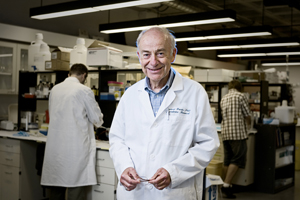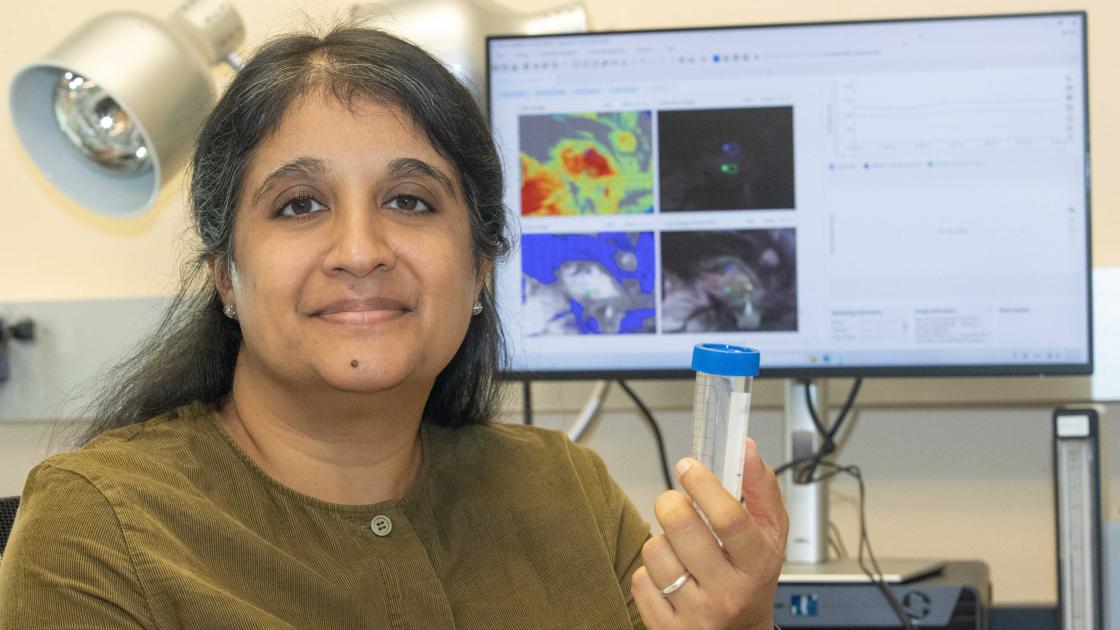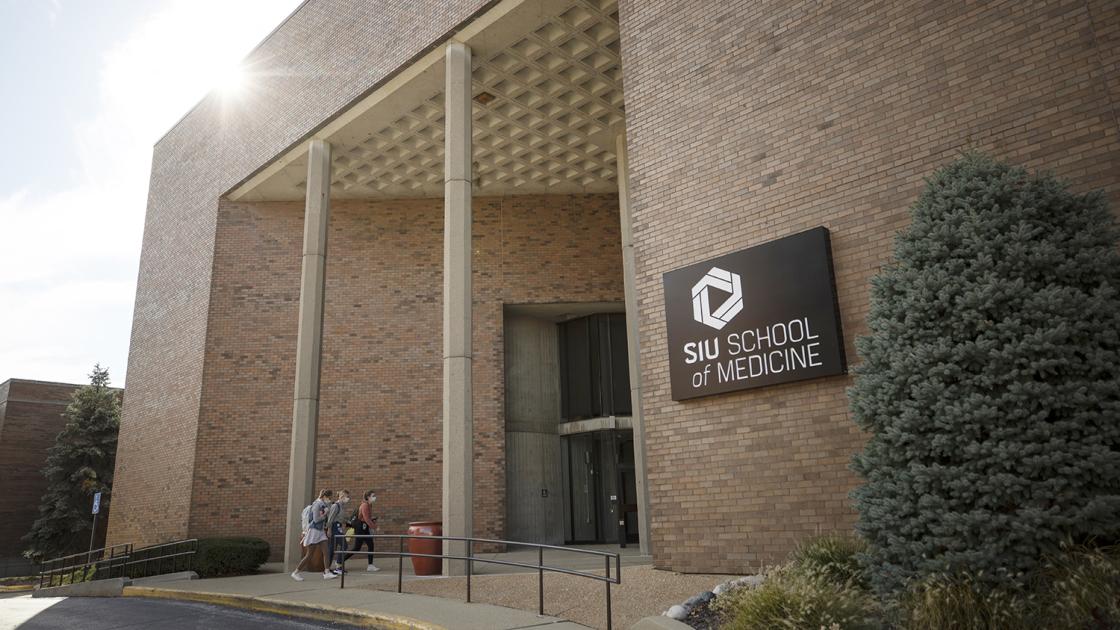
SIU Scientist Examining Environmental Effects on Longevity
Bartke lab to study temperature, metabolism
Most of us go about our daily and nightly routines in a comfortable, room-temperature environment. Could lowering the thermostat help our bodies to run more efficiently, boosting both our health and lifespa n?
n?
Andrzej Bartke, PhD, professor of internal medicine and medical microbiology at Southern Illinois University School of Medicine, has received a National Institute on Aging (NIA) grant to fund studies to explore the effects of temperature on longevity. Bartke is an internationally renowned expert on mammalian aging. His laboratory was the first to discover that a genetic mutation in mammals could extend lifespan.
Bartke’s recent studies lead him to suspect a higher environmental temperature will reduce the gains usually exhibited by his long-lived animal models. Conversely, cooler temperature may cause metabolic characteristics associated with delayed aging – increased oxygen consumption and increased fat utilization to compensate for heat loss – that will improve endurance and potentially extend lives. The new research could reveal mechanisms that contribute to improved metabolism.
The two-year grant award is $226,848.
Bartke is an SIUC distinguished scholar in internal medicine and physiology and chief of the geriatric research division at SIU School of Medicine. He joined the SIU faculty in 1984. He earned his doctorate in zoology genetics from the University of Kansas in Lawrence (1965) and magister degree (equivalent of M.S.) from Jagiellonian University in Krakow, Poland (1962). Bartke has received numerous awards for his research on aging, including the 2017 IPSEN Foundation Longevity Prize and the inaugural “M Prize” for his contributions to life extension research resulting in the longest lived mouse (2003).
Research reported in this press release is supported by the National Institutes of Health under contract number R21-AG051869.



